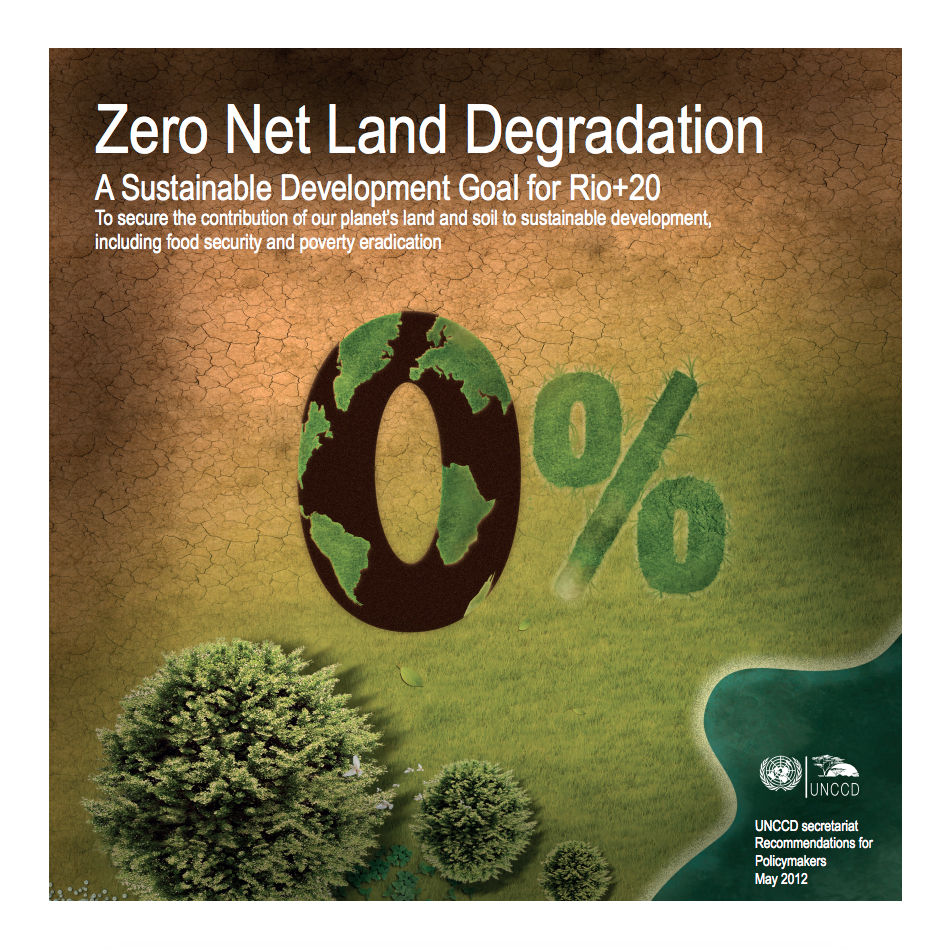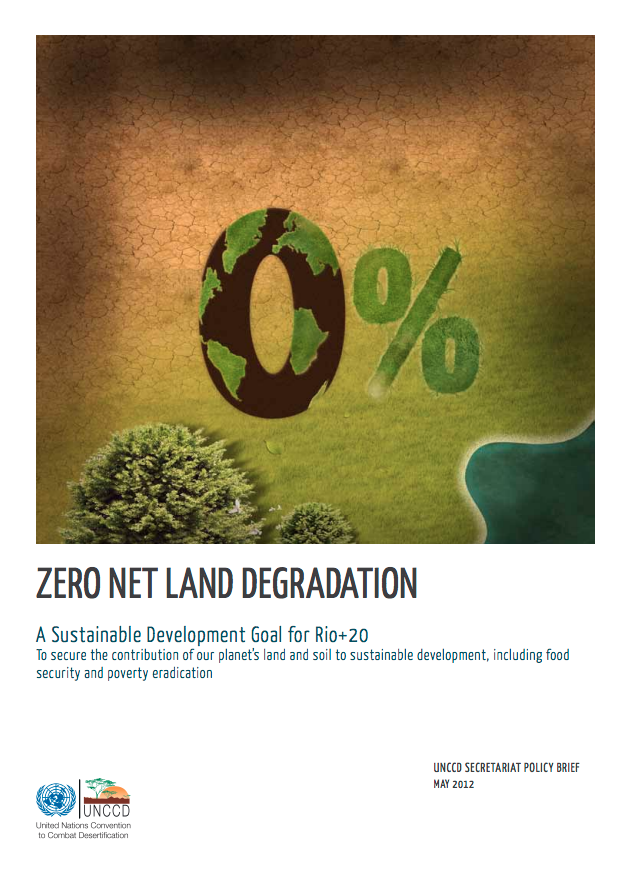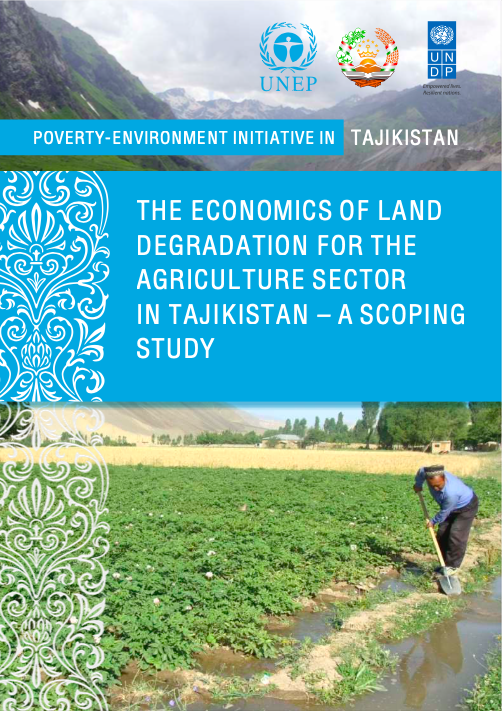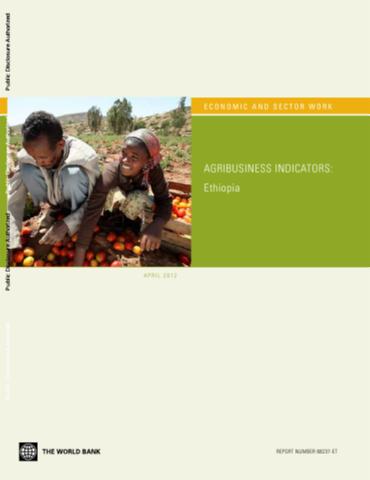Breaking the Cycle : A Strategy for Conflict-Sensitive Rural Growth in Burundi
The study on the sources of rural growth
in Burundi results from a meticulous work carried out by
eminent experts of the World Bank in response to a request
of the Government of Burundi. It describes the global
environment, which explains poverty aggravation and builds
proposals to overcome most binding constraints to growth in
Burundi. This study is an important contribution in the
fight against poverty, as it identifies ways to resume








